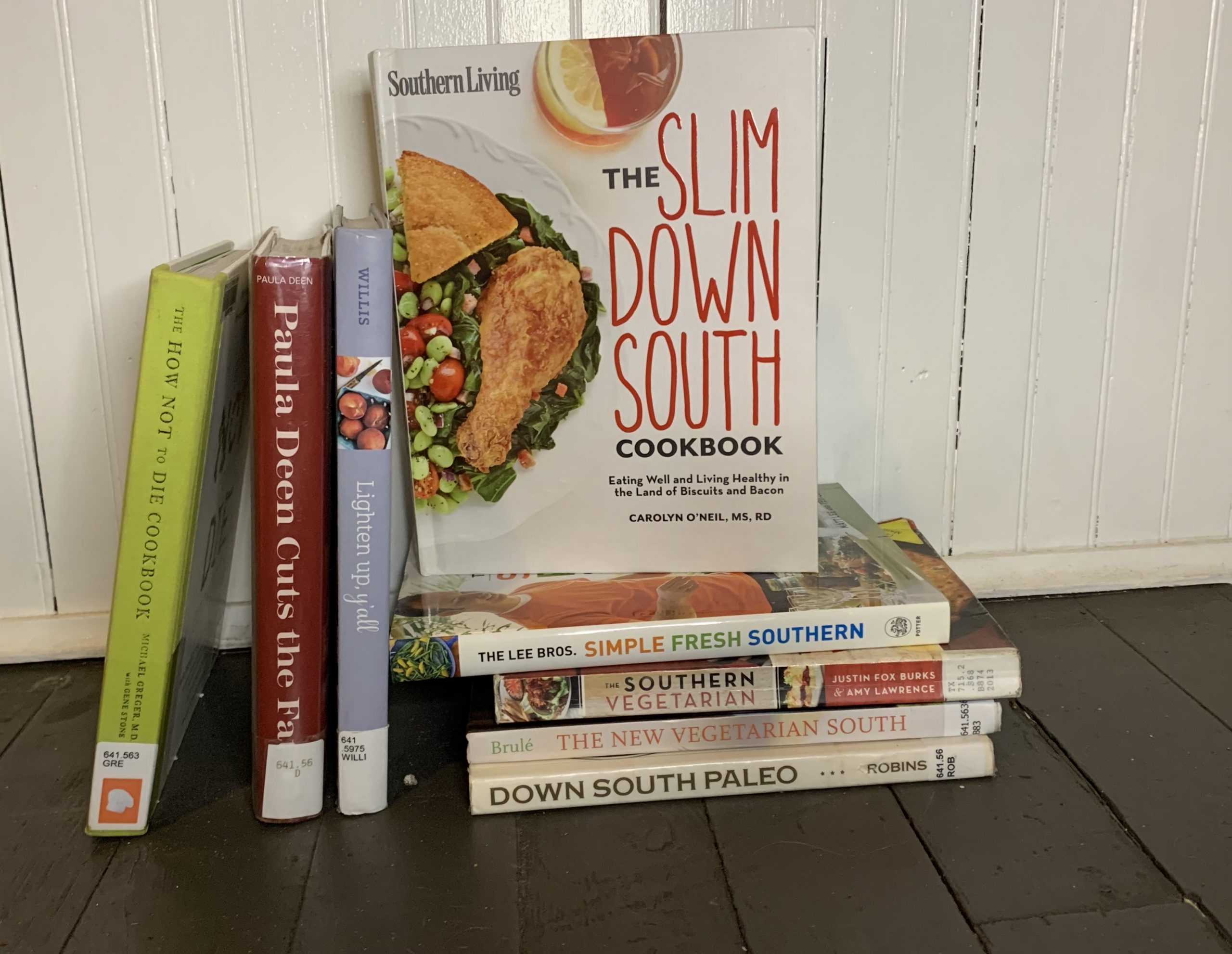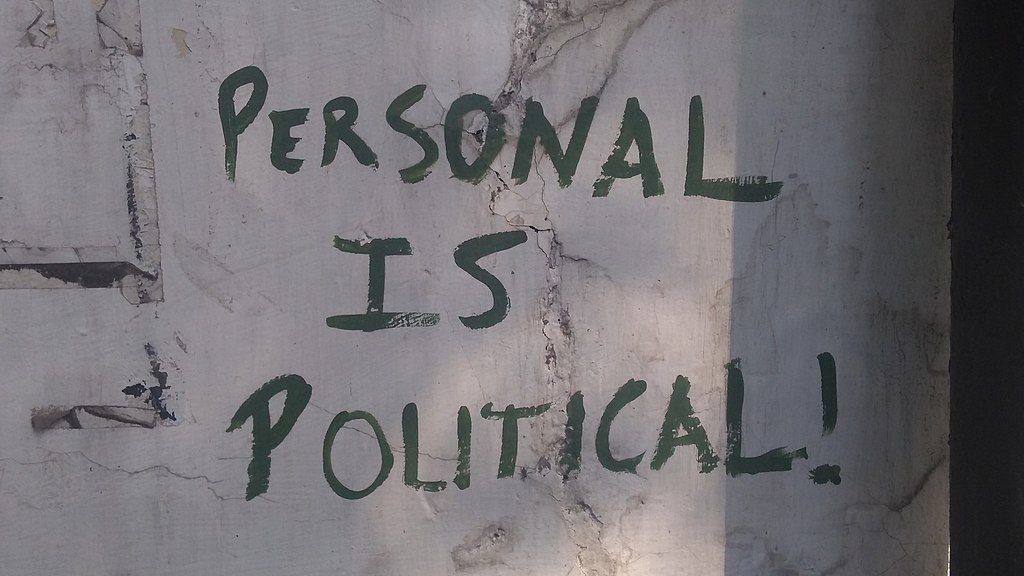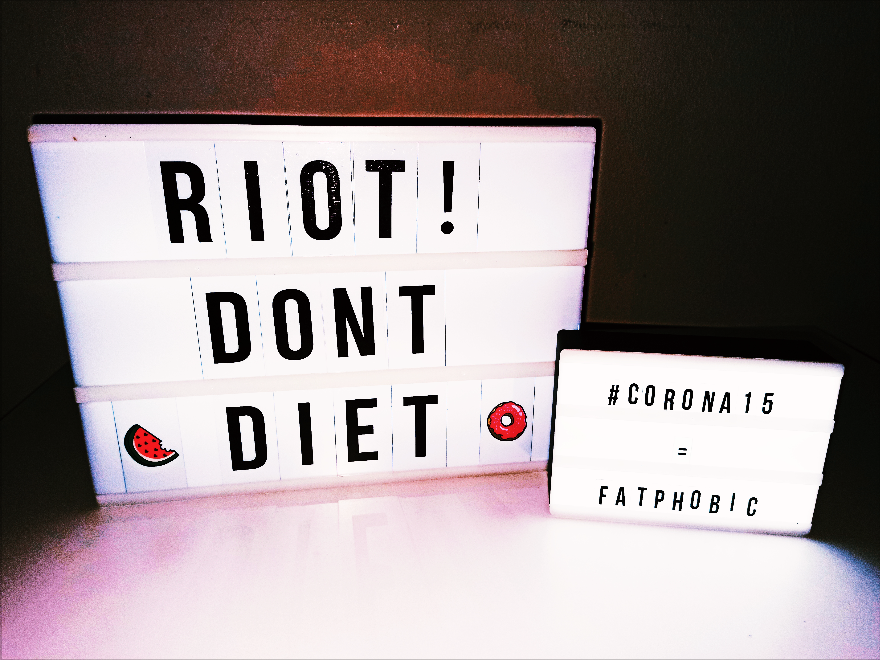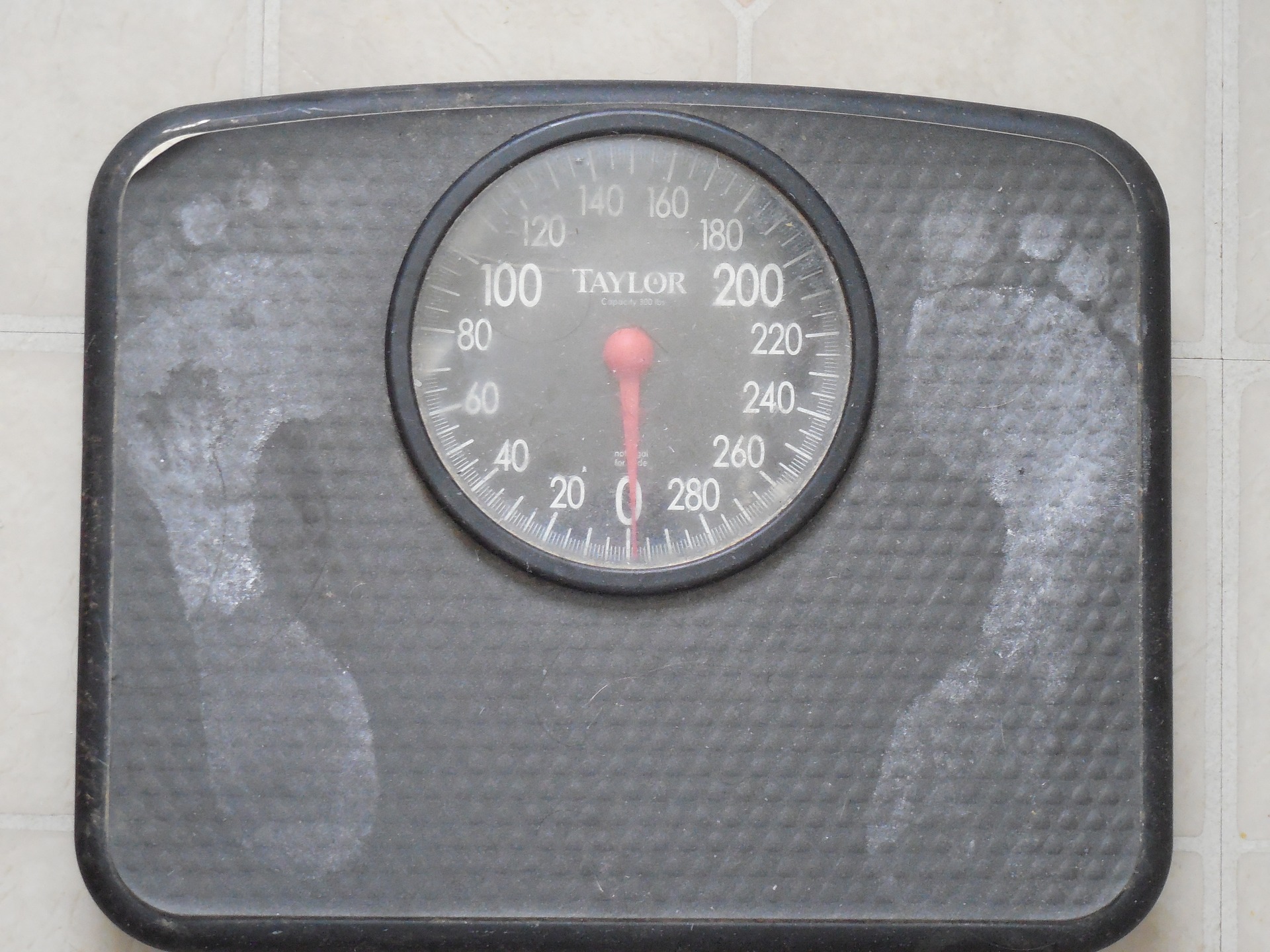The Business with Postfeminist Healthism: Tensions between Thriving Mothers and Rebellious Daughters
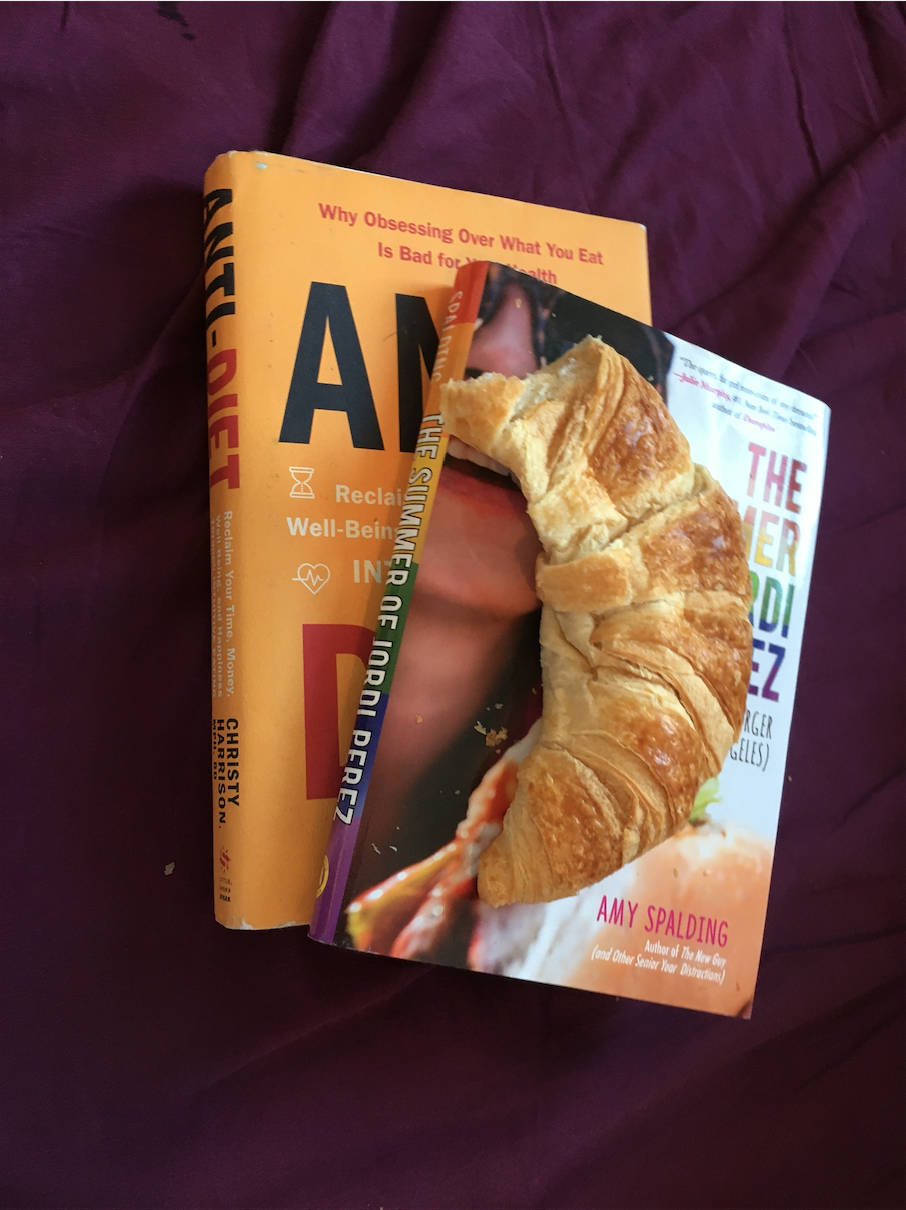
“Can you imagine my mom’s reaction?” [Abby asks]. “Eat Healthy with Norah!’s Norah suspected of having a fat kid!” —Amy Spalding, The Summer of Jordi Perez (And the Best Burger in Los Angeles (91) This quote from the well-received young adult novel The Summer of Jordi Perez (And the Best Burger in Los Angeles) by Amy Spalding vividly captures the essence of the novel: The main character’s (Abby Ives’s) striking line pictures the tensions between her mother and herself that are based in their different approaches to how to live a good life—and the good life is immediately connected to a healthy and slim body. While Abby stridently points out that her fat body visibly contradicts her mother’s lifestyle, the name of her mother’s…
